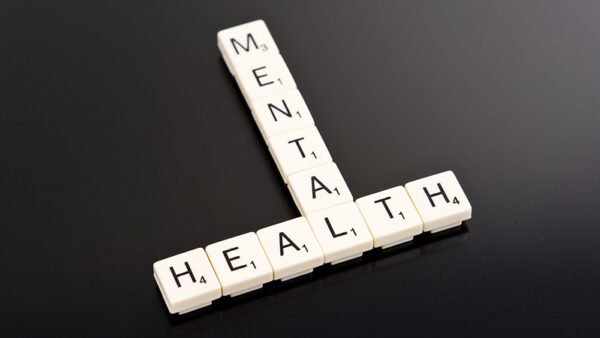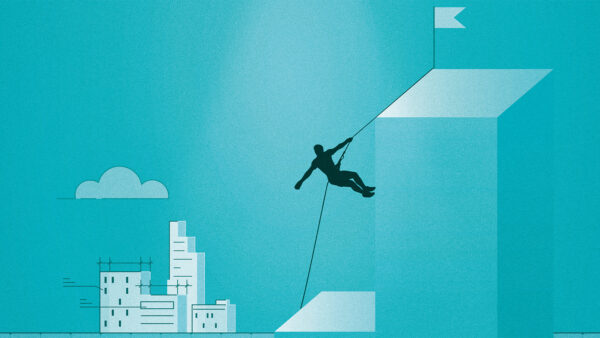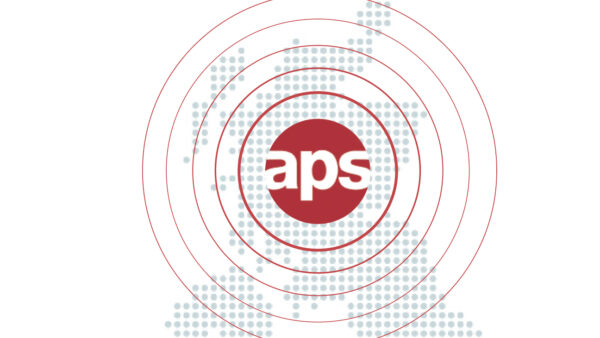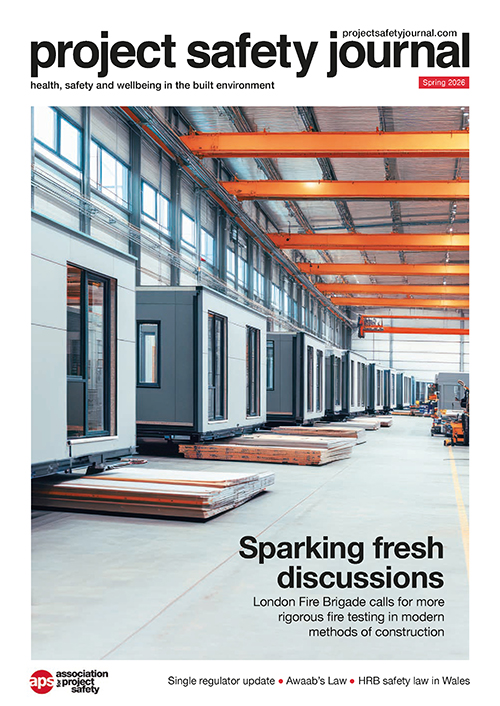
Employers need to be mindful of staff who suffer from a disability, and have a duty to put in place reasonable adjustments to help them mitigate any disadvantages they experience as part of their condition, writes Vanessa James.
Work-related stress is often debated in relation to whether it can amount to a disability, given that ‘stress’ is not an illness in itself.
In a very recent tribunal case, the employment judge held that people who suffer from work-related stress can bring disability discrimination claims even where they have not been formally diagnosed with a recognised mental illness by their doctor.
This is concerning for employers, who may find that they suddenly have employees claiming that the stress they are experiencing is work-related and, as such, entitles them to bring a tribunal claim for disability discrimination.
To fall within the protection of the Equality Act 2010 (EqA 2010), a disabled person must have a physical or mental impairment that has a substantial and long-term adverse effect on their ability to carry out normal day-to-day activities.
Normal day-to-day activities will be things that people do on a regular or daily basis, such as shopping, reading and writing, having a conversation, getting washed and dressed, carrying out household tasks, walking and travelling by various forms of transport, and taking part in social activities.
For the purpose of deciding whether a person is disabled, a long-term effect of an impairment is one that has lasted at least 12 months, is likely to last at least 12 months, or which is likely to last for the rest of the person’s life.
Is stress a disability?
Employers frequently ask this question. Stress is not in itself a disability because it is not an ‘illness’. It is defined as the "adverse reaction people have to excessive pressures or other types of demand placed on them".
Many staff might benefit from a certain amount of pressure in their work as, at times, it can keep them motivated and give a sense of ambition.
Some people work well under pressure. However, they can become overloaded when too much pressure is placed on them and the psychological impact of stress can lead to conditions such as anxiety and depression – which are recognised medical conditions.
Work-related stress and medical diagnosis
The employment tribunal recently held in a preliminary hearing in Philipps v Aneurin Bevan University Local Health Board that the claimant was a disabled person within the meaning of the EqA 2010. The claimant argued that her work-related stress amounted to a disability.
The time period the judge was looking at spanned from February 2021 to 9 November 2022 – the date on which the claimant submitted her ET1, which was when the claimant alleged that the discrimination occurred.
The judge considered whether the claimant suffered from work-related stress and found that there was clear reference to that condition throughout the claimant’s medical records from February 2021 until late 2022.
There were also entries within her medical records revealing that on several occasions throughout that period fit notes had been issued by the doctor indicating that the claimant was unfit for work due to work-related stress.
Long-term impact
The judge considered the Employment Appeal Tribunal (EAT) decision of J v DLA Piper, which drew a distinction between mental illness on the one hand (for example, clinical depression which amounts to an impairment under the EqA 2010), and, on the other hand, a reaction to adverse life events such as problems at work which "can on occasion not amount to a mental condition".
The judge then held that where there is a dispute about impairments, it will be necessary to look at whether the ability to carry out normal day-to-day activities is adversely affected on a long-term basis.
On the facts, the judge found that the effects of work-related stress on the claimant’s ability to carry out day-to-day activities were substantial adverse effects and that there had been issues from early 2021 to November 2022.
The claimant gave evidence that she had been unable at times to leave the house or socialise with others, and indicated that on numerous occasions her sleep had been affected, as had her ability to concentrate.
The judge then referred back to Piper on the distinction to be made between mental illness and non-mental illness.
In Piper, the EAT recommended that if a tribunal starts by considering the adverse effect issue "and finds that the claimant’s ability to carry out normal day-to-day activities has been substantially impaired by symptoms characteristic of depression for 12 months or more it would in most cases be likely to conclude that he or she was indeed suffering clinical depression rather than simply a reaction to adverse circumstances".
Substantial adverse effect
The judge concluded that there was no requirement for there to be a formal diagnosis of a mental illness in order for the tribunal to be satisfied that there is a mental impairment causing a substantial adverse effect on a claimant’s ability to do day-to-day activities.
On the basis that the claimant suffered these effects on her abilities for a prolonged period of time (more than 12 months), the judge thought that the issue of the impairment needed to be seen in that context – and even though there was no formal diagnosis of any medical condition, the claimant’s work-related stress amounted to a disability.
Following the decision in Philipps, employees may be able to claim that their work-related stress is a disability without the need for there to be any formal diagnosis of mental illness.
However, the onus will still be on them to show that it has a substantial adverse effect on their ability to do day-to-day activities and that this effect is long term.
Vanessa James is a partner in the employment team at Trowers & Hamlins LLP
This article first appeared on CIOB People












